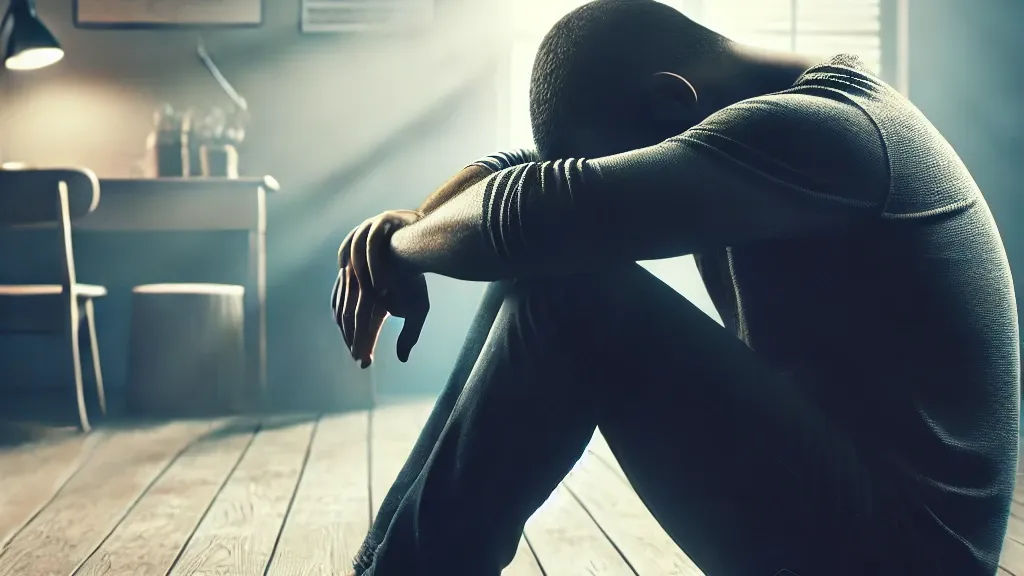By Makhosi Sibanda
The 16 Days of Activism Against Gender-Based Violence provides a platform to tackle the scourge of abuse against women and girls.
However, an often-overlooked reality is the abuse faced by men and boys. This issue, shrouded in societal stigma and systemic neglect, requires greater attention as part of the broader struggle for gender justice.
In the Southern African Development Community (SADC) region, where traditional gender roles remain deeply entrenched, the abuse of men challenges long-held notions of masculinity and exposes vulnerabilities that are frequently dismissed or ignored.
Unveiling Silent Victims
Men’s experiences with abuse often go unnoticed due to societal norms that equate masculinity with invulnerability. This silence is compounded by cultural expectations that men endure hardship without complaint.
For example, in South Africa, reports of physical abuse against men in intimate relationships are increasing but remain underrepresented in the justice system due to chronic underreporting. Similarly, in Zimbabwe, cultural taboos and stigmas perpetuate the notion that men must suppress their suffering.
The Men’s Conference Podcast, a local platform advocating for male well-being, emphasizes how economic hardships—such as job losses and financial instability—upend traditional power dynamics, leaving men vulnerable to abuse.
These dynamics challenge stereotypes of male dominance, forcing society to reconsider how masculinity is defined and experienced.
Fortunately, organisations like Sonke Gender Justice in South Africa are stepping up to address these issues.
Through their MenCare program, they encourage men to share their stories, challenge harmful stereotypes, and advocate for gender equality.
This initiative aligns with global movements like the UN’s HeForShe campaign, which stresses the importance of engaging men in conversations about gender-based violence and prevention.
Structural Challenges Demand Structural Solutions
A key barrier to addressing male abuse is the absence of dedicated support services for men. Additionally, judicial systems often exhibit bias toward female victims, discouraging men from coming forward.
Across the SADC region, courts frequently fail to implement gender-neutral policies. In Namibia, for instance, legal experts are advocating for reforms to make protective orders equally accessible to all genders.
To overcome these challenges, a multi-pronged approach is essential:
Judicial Reform: Courts should adopt gender-sensitive procedures, ensuring personnel are trained to handle male abuse cases empathetically and without bias.
Community Advocacy: Engaging male role models to lead advocacy campaigns can help dismantle the stigma surrounding male vulnerability. Programs in Zambia, where men are encouraged to participate in gender dialogue forums, offer promising examples of how to shift perceptions.
Inclusive Support Services: Governments and NGOs must establish male-focused support centres and helplines, ensuring men feel safe seeking help.
Expanding the 16 Days Campaign
The 16 Days of Activism Against Gender-Based Violence is an opportunity to foster inclusive conversations about abuse in all its forms. By broadening its focus, the campaign can amplify neglected voices and address the full spectrum of gender-based violence.
For example, in Eswatini, community-led initiatives have used storytelling workshops during the 16 Days to highlight the experiences of male survivors.
These workshops not only give voice to marginalized groups but also promote collective healing and understanding. Such efforts demonstrate the power of inclusive narratives in creating a more equitable society.
Expanding the campaign’s scope does not diminish the importance of addressing violence against women and girls. Instead, it strengthens the fight against all forms of abuse, recognizing that a holistic approach benefits everyone.
Toward True Gender Justice
Addressing male abuse is a vital step toward achieving true gender equality. By dismantling stereotypes, fostering empathy, and promoting inclusive policies, society can create a justice system that serves all victims of abuse, regardless of gender.
The 16 Days of Activism can serve as a rallying cry for this transformation, uniting communities in the pursuit of a world free from violence and oppression.
In the SADC region and beyond, the journey toward gender justice must be one of inclusivity, understanding, and shared responsibility. Only by recognizing the vulnerabilities of all individuals can we hope to eliminate abuse in all its forms and build a society rooted in equality and compassion.

